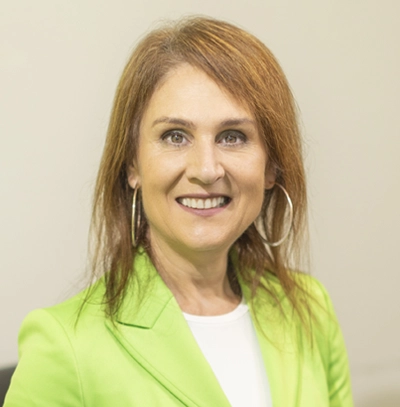Emotions drive my life. I feel before I think. This means that I am finely tuned into a constant stream of information that comes from both my internal state, and the state of others. That’s a lot of data. It sounds exhausting, but in fact it’s exhilarating to be so close to life’s energies. This means that my work with clients, with teams and with organisations is driven by this energy field of feelings. Prosocial behaviours extend the quantity and quality of our lives. At Salutegenics, we aim to simply support people to be better versions of themselves.
What are the current challenges for schools, teachers, parents, children and adolescents in mental health, resilience, or emotional intelligence?
The mental health of people within school communities are challenged by a number of variables, like exposure to a history of compromise growing up, secure relationships and connections as a child, poverty, trauma, abuse, self worth, and anxiety just to name a few. The development of good mental health requires adults to teach, lead and model this learning. Given that anxiety is currently the highest mental health issue in our society, it stands to reason that those who lead our school communities, are equally as impacted by the symptoms that debilitate capacity to function well. That we mandate the teaching and learning of social emotional competencies with students, and bypass the wellbeing of the teachers to teach this content, we ignore the burden of disease that impacts the quality of this teaching. Teachers may not have the resources to hold this content with confidence, if they, themselves, are feeling vulnerable. Working with school staff should be a first priority.









